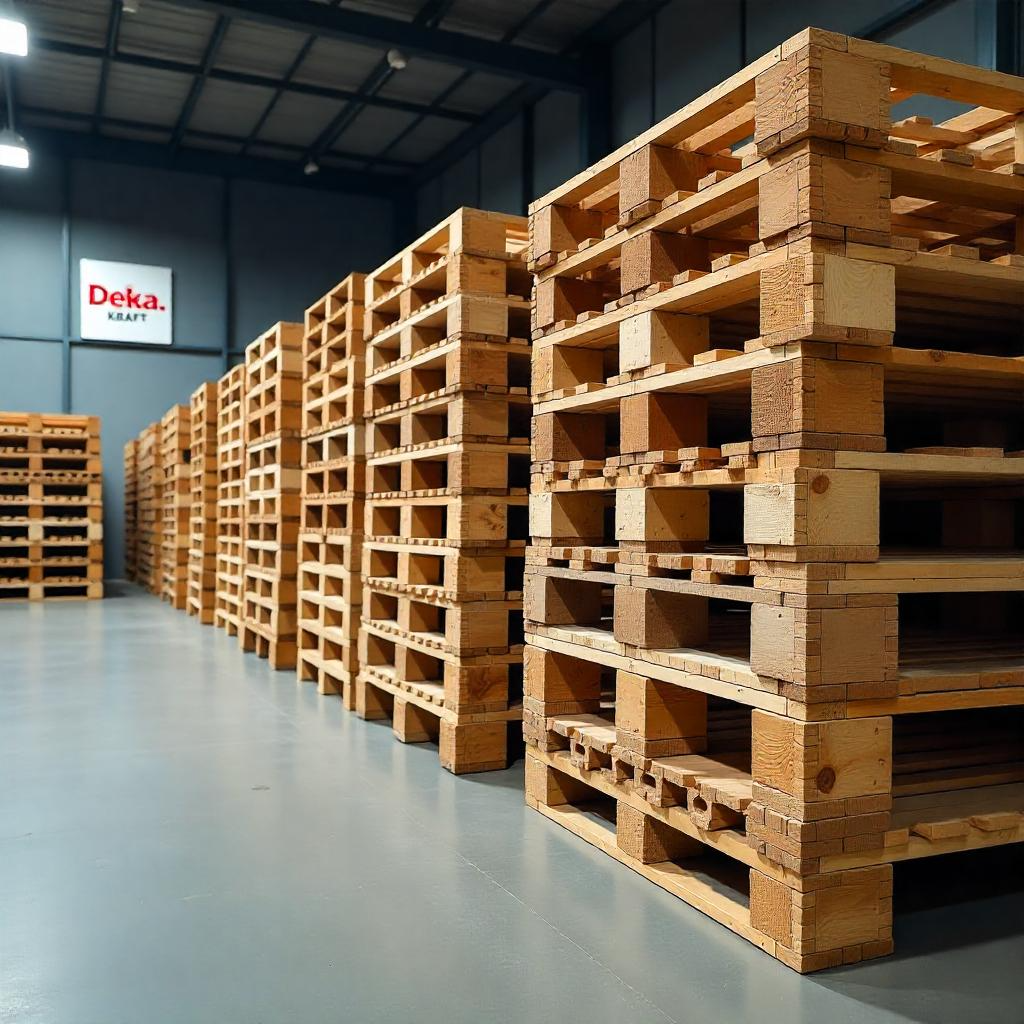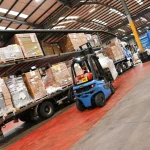
Pallets Reimagined: How Precision Engineering Transforms Kenyan Logistics from the Ground Up
What if the foundation of modern logistics wasn’t the truck, the warehouse, or even the route? What if it was something as simple, as overlooked, as the pallet?
For decades, pallets have been the silent enablers of commerce. They’ve carried goods across continents, stacked neatly in warehouses, and endured the wear and tear of global trade. But in Kenya, where logistics is both a lifeline and a challenge, pallets are being reimagined—not just as tools, but as symbols of possibility.
Why Pallets Matter More Than You Think
Imagine a world without pallets. Goods would be scattered, damaged, and delayed. Efficiency would crumble under the weight of chaos. In Kenya’s logistics sector—a sector that fuels industries like agriculture, manufacturing, and retail—pallets are more than wooden platforms; they’re the glue that holds supply chains together.
But here’s the twist: Kenya’s logistics challenges demand more than traditional solutions. Roads riddled with potholes, unpredictable weather patterns, and a growing demand for sustainability mean that pallets must evolve. And they are.
The Revolution in Pallet Design
What happens when engineering meets imagination? You get pallets that aren’t just functional—they’re transformative.
-
Custom Fit for Kenya: Pallets designed specifically for local industries—whether it’s fresh produce from Nakuru or pharmaceuticals bound for Nairobi—ensure stability and minimize waste.
-
Materials That Matter: From recycled plastics to biodegradable composites, new pallets are built to last longer while being kinder to the environment.
-
Smart Pallets: Yes, pallets can be smart. Equipped with IoT sensors, these platforms now track location, monitor temperature, and even predict wear and tear—all in real-time.
The Sustainability Imperative
Kenya’s logistics sector isn’t just about moving goods; it’s about moving forward responsibly. And pallets are leading the charge.
-
Recycled Materials: By turning waste into durable pallets, companies are reducing landfill overflow while cutting costs.
-
Eco-Friendly Alternatives: Say goodbye to deforestation—engineered paper and recycled plastics are replacing traditional wood.
-
Circular Economy: Pallets that can be repaired and reused multiple times embody a system where nothing goes to waste.
This isn’t just good for business—it’s good for Kenya’s environment.
Efficiency Redefined
Here’s the thing about innovation: it doesn’t just solve problems; it creates opportunities. Precision-engineered pallets are doing exactly that by redefining efficiency in Kenyan logistics.
-
Speed Matters: Faster loading and unloading times mean quicker deliveries—critical for industries like agriculture where freshness is key.
-
Safety First: Reinforced designs reduce cargo damage and workplace accidents.
-
Cost Savings: Durable materials extend pallet lifespans, lowering long-term costs for logistics firms.
Efficiency isn’t just a buzzword; it’s a competitive edge.
The Challenges Ahead
Of course, innovation doesn’t come easy. The adoption of advanced pallets faces hurdles like high upfront costs and limited awareness among smaller firms. But here’s what’s exciting: these challenges aren’t roadblocks—they’re stepping stones.
With government incentives and partnerships between tech providers and logistics companies, Kenya has an opportunity to lead the way in sustainable logistics innovation.
A New Vision for Logistics
So here’s the big question: what does the future look like? Imagine a Kenya where every pallet tells a story—not just of goods transported but of efficiency achieved, sustainability embraced, and possibilities unlocked.
Pallets reimagined aren’t just platforms; they’re promises—a promise to do better by our planet and our people.
Because sometimes transformation starts from the ground up—literally.





Add a comment